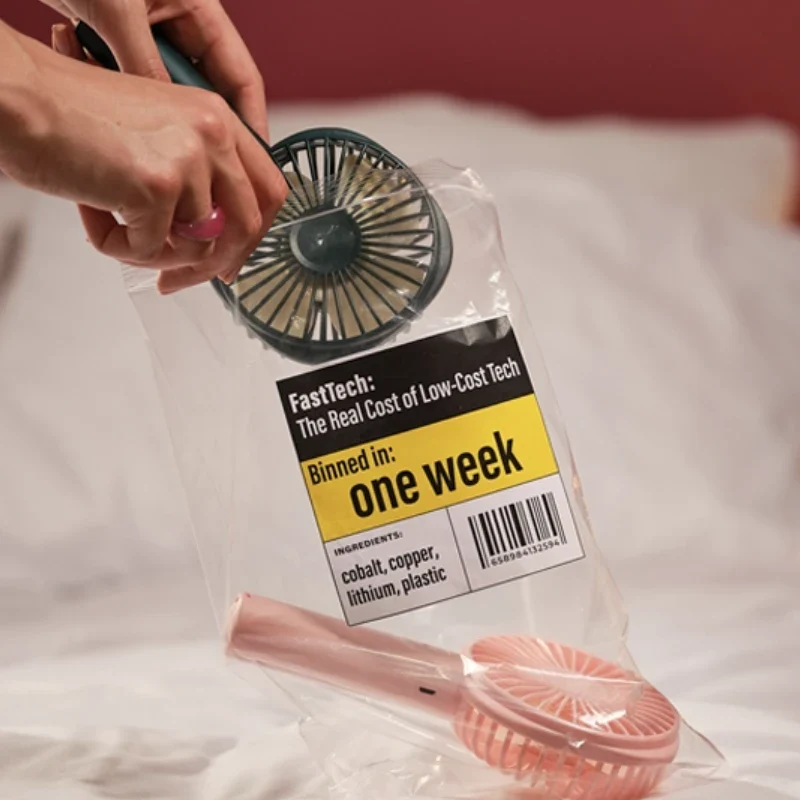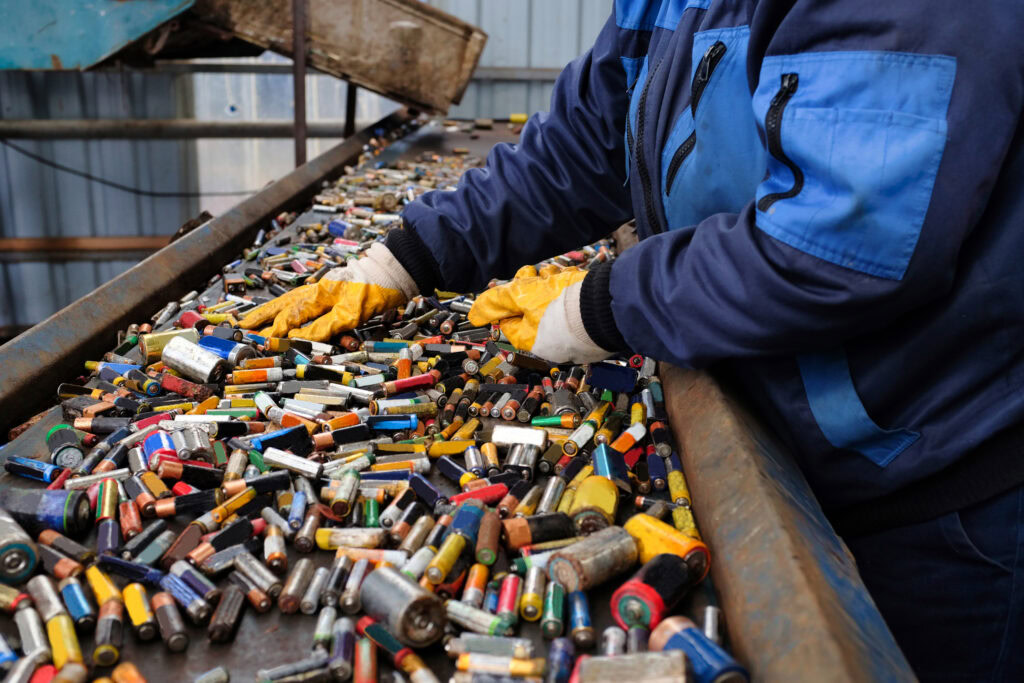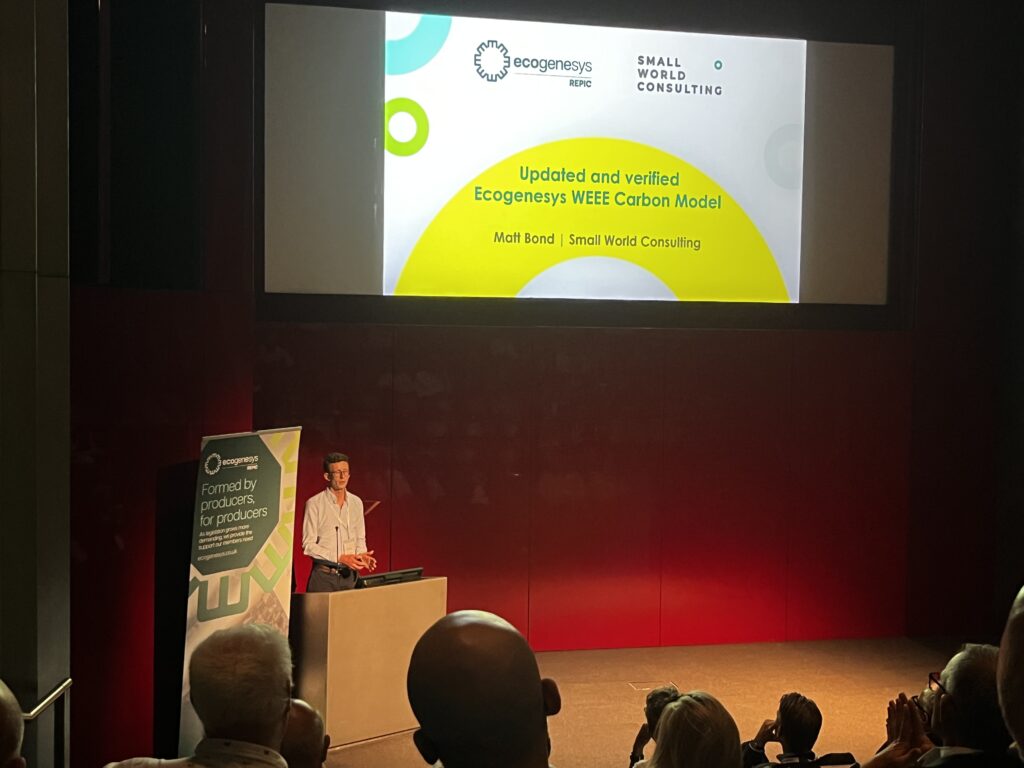The recast of the WEEE Directive has been delayed on its route through the European Union, threatening to push back the UK governments plans to consult on implementing the recast measures until the end of 2012 or even early in 2013.
Speaking at the letsrecycle.com London conference on Wednesday (March 21), David Styles from the Department for Business, Innovation and Skills (BIS), the government department responsible for regulating the UKs WEEE network, told delegates that the delay had been caused as it was taking the EU longer to translate the Directive accurately into 27 languages than expected.
Some delays are also thought to have been caused as countries including Germany have requested amendments or adjustments to some of the wording of the legislation.
MEPs had voted to confirm changes to legislation in January 2012 (see letsrecycle.com story), with the proposals then requiring formal approval from the European Council of Ministers. Once approved, directives are then published in the Official Journal of the European Communities, and become European law, giving member states 18 months to enshrine its requirements in their own statute books.
Consultation
As a result of the delay, the WEEE Recast is only likely to receive approval from the Council of Ministers either shortly before the summer break or in the autumn, months later than originally planned. This delay would have a knock-on effect as the measures then have to be published in the EU Official Journal.
The delay will also mean that new draft guidance will not be available until 2013 while any new regulations are not likely to come into force until mid 2014. This could potentially cause some problems for the WEEE sector, as introducing new regulations mid-way through a year could be more problematic for schemes than at the beginning of the year.
Central allocation
Last Monday (March 19) it was revealed that BIS would look into a number of interim measures to alter the WEEE system under the governments review of red tape (see letsrecycle.com story). This may include the establishment of a central allocation system for local authority sites to ensure producer compliance schemes fully align collections with their members obligations, and to prevent the trading of evidence among schemes.
Related Links
Under the terms of the WEEE Recast, from 2016 member states will be required to collect the WEEE totalling at least 45% of the proportion of electrical equipment placed onto the market over the preceding two years, rising to 65% in 2019. The Recast also gives retailers greater responsibility to offer take-back schemes for small WEEE.










Subscribe for free